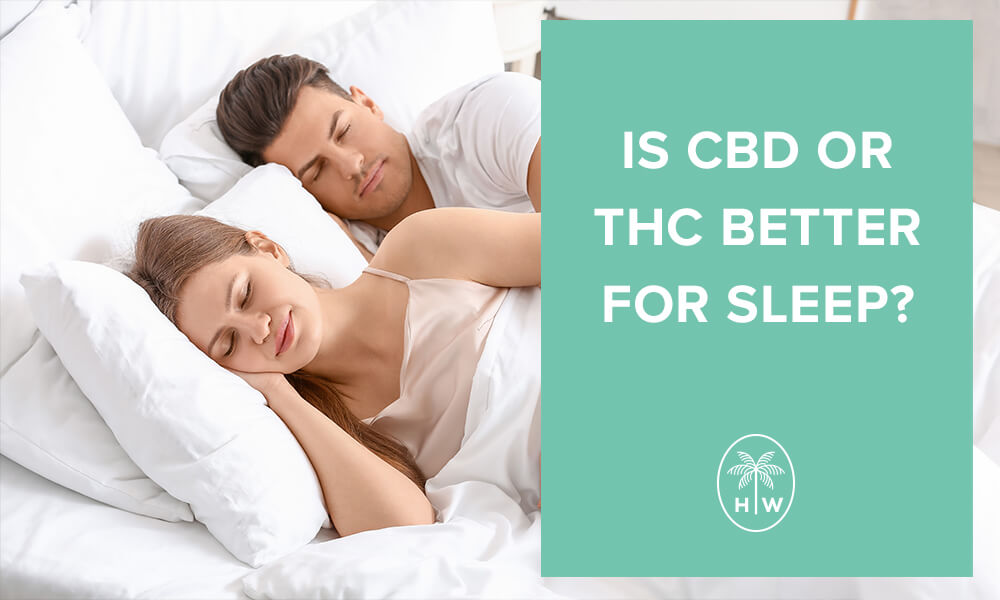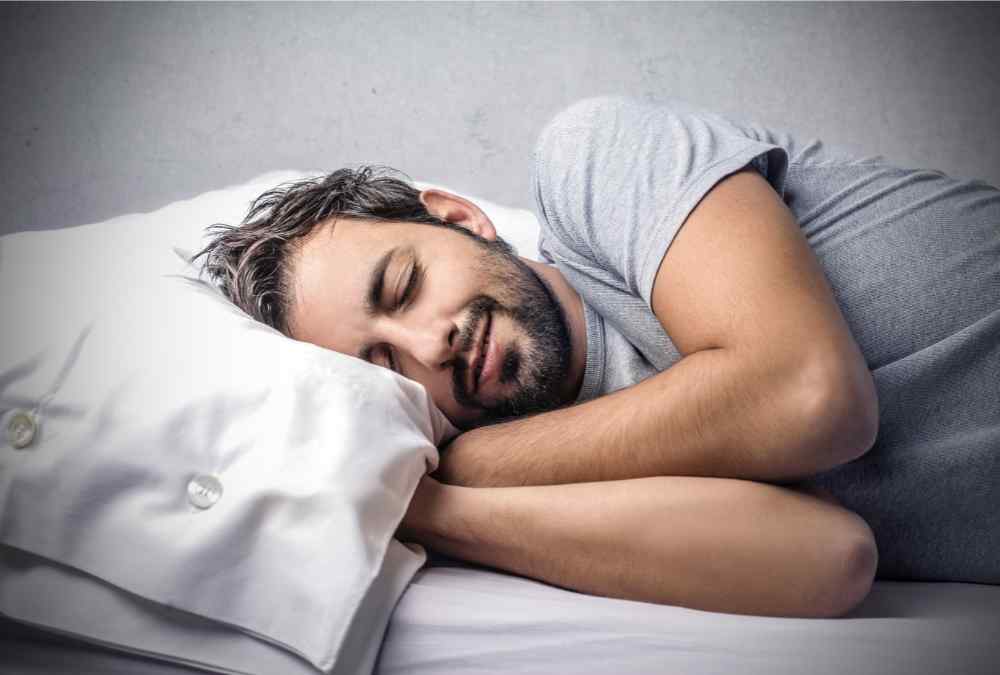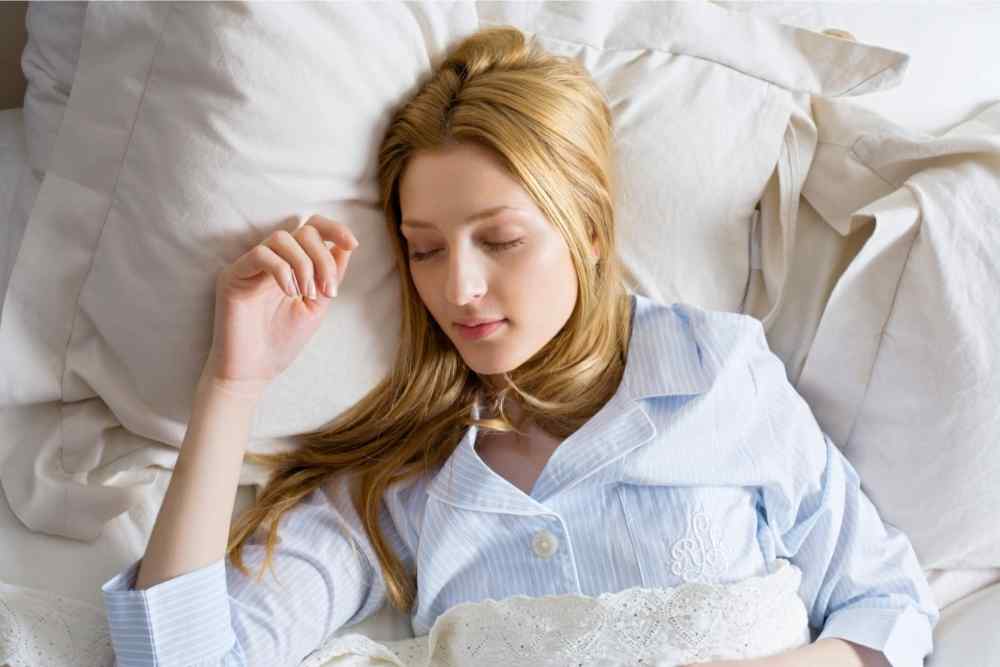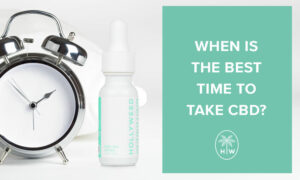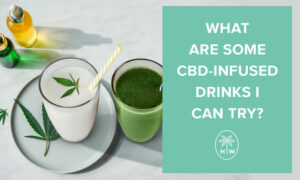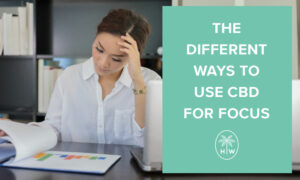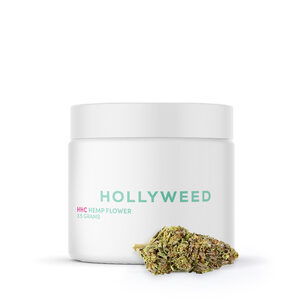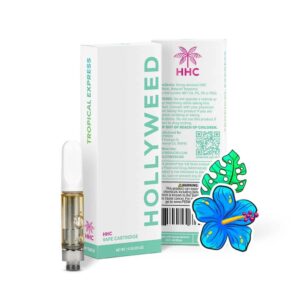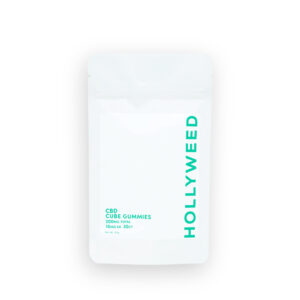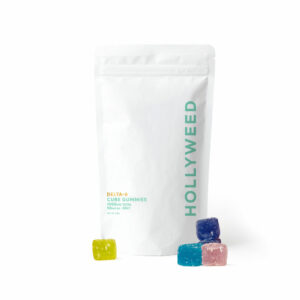Many people today use both CBD and THC as potential sleep aids. But how do you know which one is right for you? Well, when it comes to CBD vs THC for sleep, consumers should always be sure to measure and consider the pros and cons of each, as well as their effects when combined!
A good night’s sleep is one of the best gifts that you can give your body. Many of us tend to disregard just how important sleep is for our bodies. We’ve all experienced the tossing and turning, the racing thoughts, and your body’s complete unwillingness to fall asleep at times.
Both cannabidiol (CBD) and tetrahydrocannabinol (THC) are common cannabinoids found in the cannabis plants, hemp and marijuana. CBD is most commonly found in hemp, while THC is more abundant in marijuana. Both share many benefits but are also different in some particularly significant ways. Let’s take a look!
Table of Contents
Pros And Cons Of THC For Sleep
Many people use THC to help them sleep because of its strong sedative effects. However, studies also show that THC can disrupt REM sleep, lowering the overall quality of sleep in the long run.
THC interacts with receptors in our brains to provide feelings of sleepiness and sluggishness, but this can also greatly affect your sleep/wake cycle. Marijuana and THC are also well known for their intoxicating qualities that get you high. If you’re fine with THC’s psychoactive and sedative effect effects, then THC might just help you get to bed faster.
Many individuals worldwide suffer from nightmares that keep them up late at night, even though they are tired enough to sleep. THC can sometimes cause paranoia in users, which can lead to worsened sleep.
While many regular THC consumers believe that the psychoactive compound is not addictive, many consumers also seem to be unable to go more than a few hours without ingesting it in some form. These people may have formed a mental dependency on THC. Regular THC consumers can also build up a tolerance to THC, constantly requiring increasing dosages to feel the same effects.
THC’s intoxicating properties may not be suitable for certain people. Some of the main side effects of THC include:
- Impaired motor function
- Decreased decision-making ability
- A rise in blood pressure and body temperature
- Headaches
- Nauseousness
THC can act as a heavy sedative if ingested in higher doses than the consumer is used to. For some people, the psychoactivity and the feeling of being “high” induced by THC are what they’re looking for, and for others, it can be a major turn-off. If you’re unsure how THC can affect you, consult a doctor or medical professional to determine its effects on you.
Pros And Cons Of CBD For Sleep
CBD is a naturally occurring cannabinoid most commonly found in hemp. What separates CBD from THC is that there are absolutely NO intoxicating effects. However, in larger doses, CBD may be the perfect sedative to help someone sleep!
CBD is popular in the cannabis world because it’s a non-psychoactive compound that most likely won’t get anyone high! CBD also has many potential benefits for your overall well-being.
People that experience discomfort or soreness often have trouble sleeping. However, because CBD has the ability to provide soothing and therapeutic effects, it can help you relax better. By feeling more comfortable, you’ll be able to get better nights of sleep!
When CBD enters your body, it interacts with and supports your endocannabinoid system (ECS). The ECS regulates many of our essential bodily functions, such as immune system response, appetite, digestion, and sleep. Every mammal in the world has an ECS in its body, which helps bring them closer to an inner balance or homeostasis.
Some of the other benefits that CBD can provide are:
- Promotes better and deeper sleep
- Relieves discomfort, soreness, and aches
- Regulates digestion and appetite
- Limits negative thoughts and feelings
- Soothing and calming effects
There are actually far fewer side effects to CBD vs THC for sleep. CBD is very well-tolerated by most people and many people prefer it because the side effects are usually very mild and don’t last long. Some of the potential side effects that people experience are:
- Dry mouth
- Mild diarrhea
- Change in appetite or mood
- Slight fatigue
As always, if you’re new to CBD, remember to consult a doctor to find out if it can help you. Although CBD is well-tolerated by most people, everyone can have different reactions to it.
CBD vs THC For Sleep: Which Is Better?
Depending on what you’re looking for, both THC and CBD may help you fall asleep faster. Whether you’re looking for the strong sedative effects of THC or the smooth, mellow feelings of CBD, you can take both to improve your sleep.
However, THC may lead to unwanted intoxicating effects such as dependency, grogginess, and an increasing reliance as the body develops a tolerance. Because of these substantial side effects, we believe that CBD may be better overall for sleep, as the side effects are minimal and temporary.
Those who use THC for sleep assistance should keep in mind that users often report a point when the THC stops being sedative and becomes disruptive. A study conducted in 2016 claims that both non-users and daily THC users described higher levels of insomnia than those who consumed THC at only a moderate rate.
However, in the end, it ultimately depends on what you’re looking for! If you prefer the powerful tranquilizing effects of THC, then that might work out better for you. CBD may be just what you need if you’re looking for a milder, more subtle calming sleep!
Using CBD And THC Together For Sleep
If you’re still deciding between CBD vs THC, it might be helpful to know that you can take BOTH together to help you sleep! Taking both CBD and THC together at the end of the day as you wind down and prepare for bed is certainly an option you can consider.
One of the main bonuses of this particular combination is the activation of the entourage effect. The entourage effect refers to the natural synergy between CBD, THC, and other various compounds found in cannabis when used simultaneously. The idea is that when these compounds (cannabinoids, terpenes, flavonoids) work together, they are far more effective than if CBD or THC was by itself.
For example, full spectrum CBD products contain up to 0.3% THC. This minimal amount of THC won’t get you high, but having that small amount is enough to trigger the entourage effect. Because of this, full spectrum CBD products are the most effective for those looking for better sleep!
This idea applies to all CBD products — including flower strains, gummies, oil tinctures, and more! Having that high CBD to low THC ratio is perfect for helping regulate and manage your sleep schedule better and ultimately could help you feel more rested. CBD and sleep can go hand in hand!
On the other hand, using a THC product with small amounts of CBD may have the entourage effect present, but it will still lead to feelings of grogginess and fatigue. Because THC products do change your body chemistry, there is some potential for addiction. This study performed by the WHO found that CBD flower had essentially zero risks of abuse or dependency issues.
Should I Use CBD For Sleep Or Sleeping Pills?
No product is perfect, and some advantages and disadvantages come with sleeping pills. Sleeping pills can help more serious insomniacs fall asleep and stay asleep for a good night’s rest. But while over-the-counter pills are a cost-effective and convenient sleep aid, the effects are much stronger and carry a higher risk of addiction.
Some of the ramifications of prescription pills may include:
- Hives
- Swelling
- Itching
- Dizziness
- Foggy memory
- Dry mouth
- Addiction
Over 30,000 people were hospitalized in 2011 alone due to the recreational use of Ambien, a medication sleeping pill. Do not, under any circumstances, mix alcohol with sleeping pills. The potential for overdosing on sleeping pills immediately skyrockets when alcohol is involved.
Because of these risks, we highly recommend taking CBD to help you sleep! There are very few side effects involved, and you can stop anytime you want. If your sleep issues continue, consult a doctor to learn about other natural ways to get better sleep!
